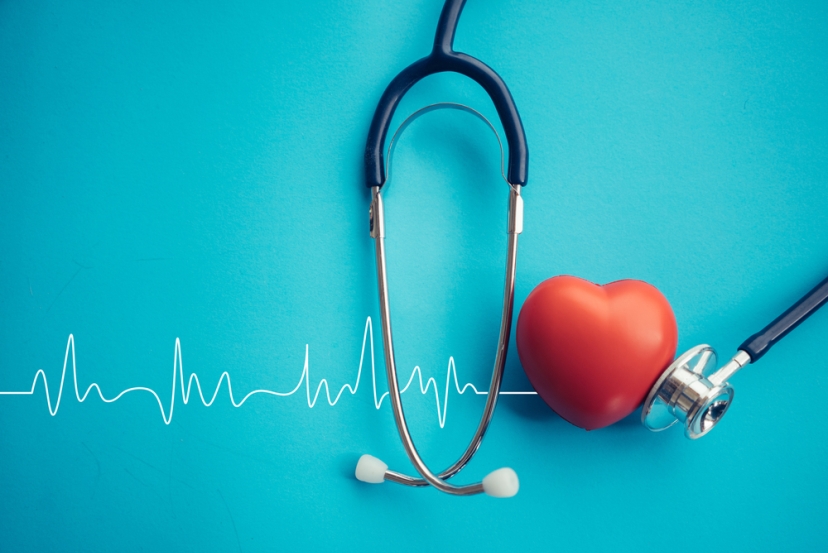Arrhythmia or Irregular Heartbeat

What the rate or rhythm of heartbeat tell you?
Pay attention and regularly observe whether your heartbeat is out of its usual rhythm. If the heart beats too fast or too slowly or with an irregular rhythm, do not ignore it. You should visit the specialist since irregular heartbeat or arrhythmia is a silent danger.
Arrhythmia is caused by abnormalities in the heart’s electrical system that controls its pumping rhythm which makes the heart beat too fast or too slowly or with an irregular rhythm
The cause of arrhythmia is divided into two main reasons as below:
1. Heart and coronary problems such as coronary artery disease, hypertrophic cardiomyopathy, congenital heart disease, heart valve disease and hypertension
2. Not related to the heart and coronary problems such as hyperthyroidism, certain pills or illegal drug use that trigger irregular heartbeat including drinks such as tea, coffee, soft drink, alcoholic drinks
Symptoms of Arrhythmia
The patient usually has a fluttering in the chest, fainting (syncope) or near fainting, chest discomfort, chest pain, fatigue and shortness of breath. Normally, a heart rate should be between 60 to 100 beats per minute, a heart rate of over 100 per minutes is considered too fast, and if it goes down to less than 60 beats a minute, it is regard as too slow. Your heart relies on its own electrical conduction system to signal the heart to beat, and normally, electrical impulses travel from the top of your heart to the bottom of your heart for heartbeat. For some people, if they do not have sufficient sleep, do not have enough food and have lower level of minerals in the body, it leads to an abnormal electrical signal which is referred as PVC; electrical impulses travel from the bottom of your heart to the top of your heart for heartbeat, causing symptoms such as fainting or a fluttering or racing heart. If the patient is at risk of developing arrhythmia or have the mentioned symptoms, consult the cardiologist to reduce the risks and complications that may arise from arrthymia such as paralysis, heart failure or sudden death.
Who is at risk to have arrhythmia?
Arrhythmia can occur to every age group depending on its types and its causes which can be divided into four groups 1.) Patients with heart and coronary problems 2.) Patients with diabetes, overweight, chronic kidney disease, snoring problem, and sleep apnea 3.) Elderly patient 4.) Patients with abnormal heart’s electrical system
Treatment
After the doctor diagnoses, the doctor will determine the treatment option, medications are given to some patients to control heart rate. In some patients, catheter ablation is used for treatment. In patients with heart failure history or elderly patients, the doctor may consider placing the implantable cardioverter defibrillator: ICD in the chest to prevent cardiac arrest. However, the doctor will evaluate the treatment option that is appropriate with the severity and the symptoms of each patient.
Prevention of Arrhythmia
1. Exercise at least 30-45 minutes per day, 3-5 days per week
2. Eat foods from all five healthy food groups, avoid spicy food, oily food which includes food and drinks that trigger the heartbeat
3. Have enough sleep and do not have too much stress
4. Have annual health check-up
If you have an above mentioned symptoms or have any underlying diseases, consult cardiologist for the precise diagnosis of arrhythmia


